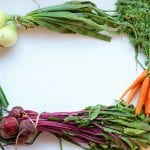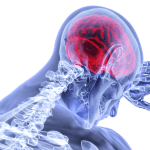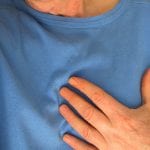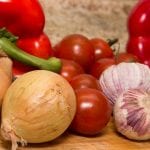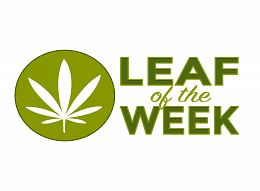Myths and Facts About Organ Donation

Organ donation is the process of committing your organs to help another person live. After you die, your healthy organs and tissues are transplanted into another person. Experts say that the organs from one donor can save or help as many as 50 people. You can donate eyes, tissue, and organs including kidneys, heart, liver, pancreas, intestines, and lungs. Right now, 113,653 people are on the national organ transplant waiting list, with a new name added every 10 minutes. The factors used in matching donors with recipients include blood type, time spent waiting, other important medical information,... Read More


